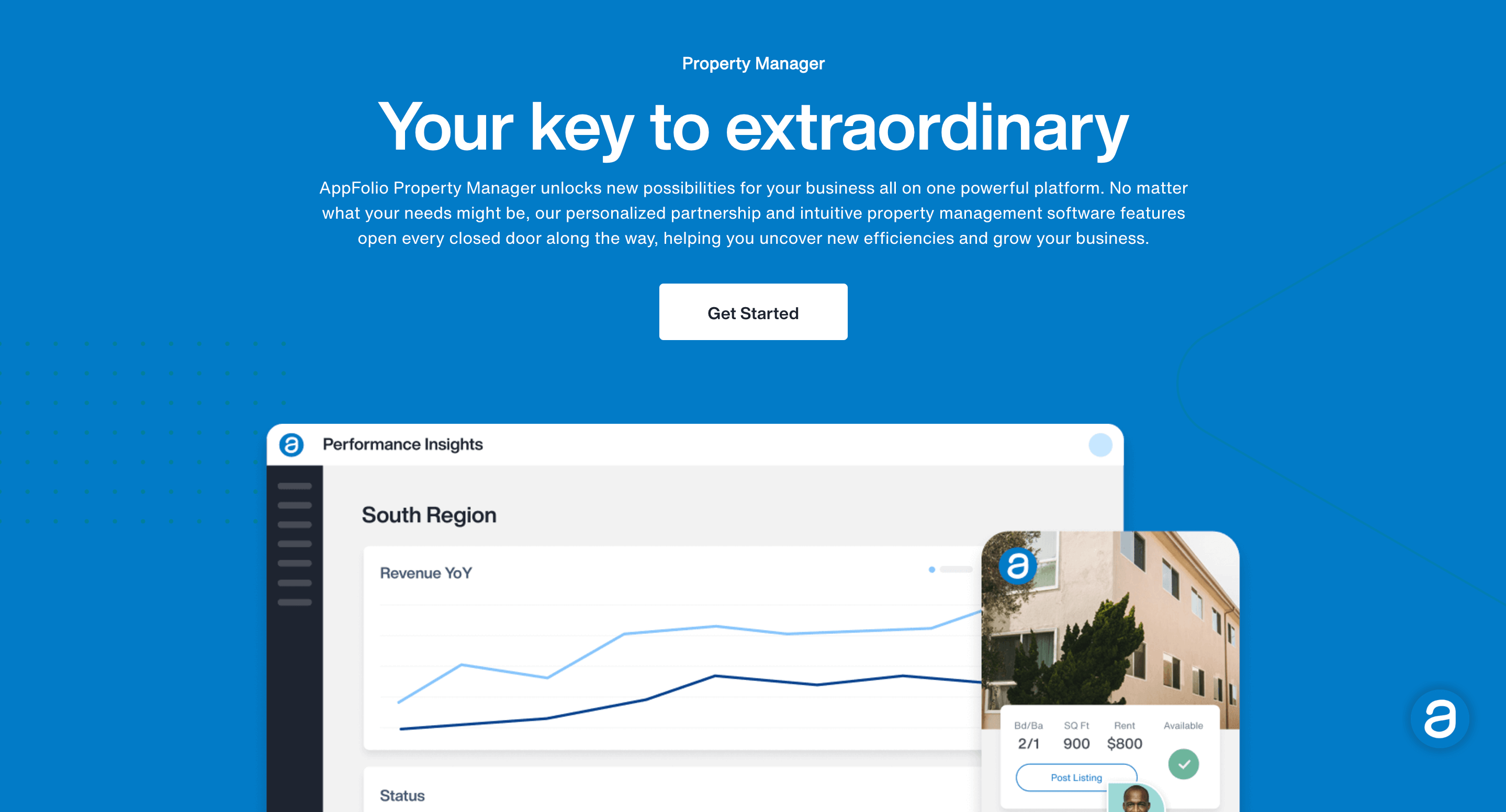The landscape of property management is undergoing a transformative shift with the advent of remote property management and the integration of virtual assistant technologies. This innovative approach leverages the power of virtual assistants to streamline operations, enhance efficiency, and provide property owners with a seamless, remote management experience.
Embracing Remote Property Management:
In a world where connectivity knows no bounds, property management is breaking free from geographical constraints. Remote property management allows property owners and managers to oversee their real estate assets from anywhere in the world. This flexibility is particularly appealing to property owners with diverse portfolios or those who may be residing far from their investment properties.
The Role of Virtual Assistant Property Management:
Efficiency Redefined – Unlocking the Power of Automation. Virtual assistants in property management take on various tasks, from handling tenant inquiries to scheduling property showings and managing maintenance requests. By automating routine and time-consuming responsibilities, property managers can redirect their focus towards strategic decision-making, ultimately optimizing property performance.
Benefits of Virtual Assistant Property Management:
- Enhanced Efficiency: Virtual assistants enable a more efficient workflow by automating repetitive tasks, reducing manual workload, and ensuring swift response times to tenant needs.
- Cost Savings: With virtual assistants, property managers can achieve cost savings through reduced administrative expenses and optimized resource allocation.
- 24/7 Availability: Virtual assistants operate around the clock, providing constant accessibility for tenants and property owners alike, improving overall customer satisfaction.
Overcoming Challenges with Remote Solutions:
Security and Trust in Virtual Environments. As the real estate industry embraces remote solutions, ensuring the security of sensitive data and building trust in virtual environments becomes paramount. Virtual property management systems must employ robust security measures to protect both property owners’ and tenants’ information.
The Future of Remote Property Management:
Technological Advancements Paving the Way. As technology continues to advance, the future of remote property management looks promising. The integration of artificial intelligence, machine learning, and data analytics will further refine and enhance virtual assistant property management, providing more sophisticated and personalized services to property owners.
Conclusion:
In summary, the transition to remote property management, complemented by the functionalities of virtual assistant technologies, is transforming the real estate sector. The adaptability, efficiency improvements, and cost-effectiveness linked with these advancements are redefining the methodologies employed in property management. Navigating the dynamic real estate terrain, the adoption of remote property management and virtual assistants underscores the industry’s commitment to OPTIMAL service delivery amid a swiftly changing landscape, all made possible through OPTIMAL.






